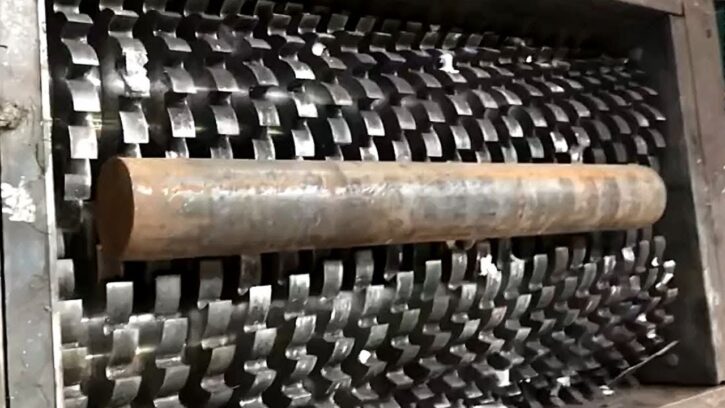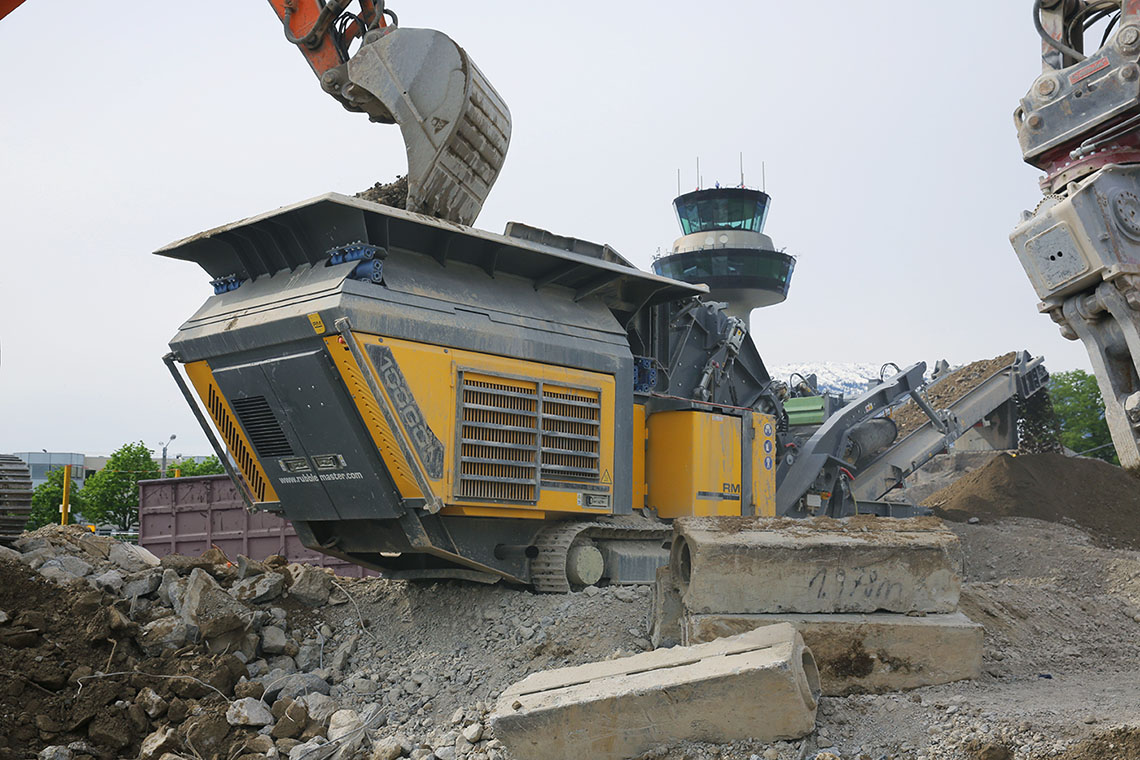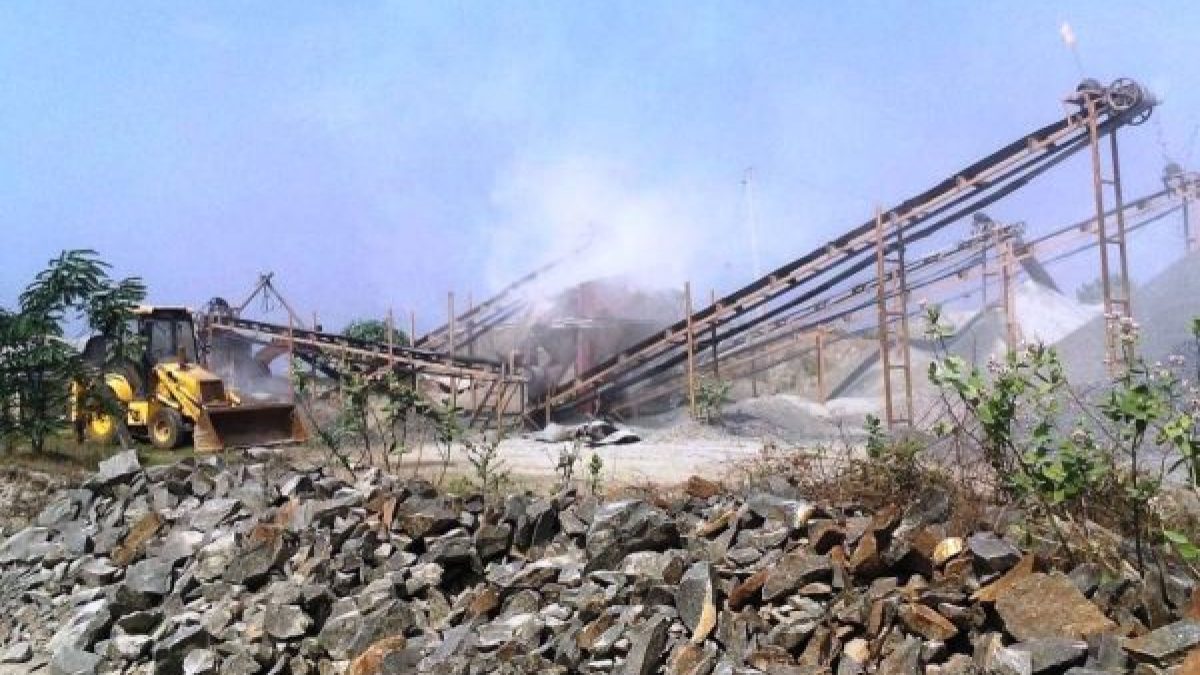The environment is a top priority for everyone today, and that includes the manufacturing industry. Machines used in production processes play an essential role in ensuring sustainability and responsible practices to reduce their environmental footprint.
Crusher machines are one such example of this technology that has been designed to minimize their impact on the environment while still being highly efficient.
This article will explore the environmental impact of crusher machines and evaluate the sustainability and responsible manufacturing practices when it comes to using them. We will discuss how these machines can be optimized to reduce any negative effects they may have while continuing to provide excellent results.
Evaluating the Sustainability of Crusher Machines

Evaluating the sustainability of mobile crushing plant is essential for ensuring responsible manufacturing practices. Manufacturers must consider a multitude of factors, ranging from energy efficiency to waste management when assessing their environmental impact.
It is important to assess how much energy and resources are consumed by each machine to determine its overall sustainability. Additionally, manufacturers should also be aware of any potential pollution or hazardous materials that might be emitted during the use of these machines.
Furthermore, they should take into account the potential financial savings associated with using more sustainable production methods such as recycling or reusing materials instead of simply disposing of them after a single use.
By considering all these factors, companies can ensure that they are producing crusher machines in an environmentally conscious manner while still meeting their customers’ needs.
The Environmental Impact of Crusher Machines

The environmental impact of crusher machines is a growing concern in the manufacturing industry. As technology advances, the efficiency and sustainability of production processes must also increase to protect our planet and its resources.
To evaluate these practices, it is important to consider how much energy, water, and other natural resources are used in operating crushers as well as what kind of waste materials they produce. Additionally, manufacturers can look at ways to reduce their overall carbon footprint while still maintaining high product quality standards.
By taking into account both traditional methods and innovative solutions for producing crushers more responsibly, we can ensure that our businesses remain profitable while protecting the environment for future generations.
Responsible Manufacturing Practices for Crusher Machines
In today’s world, it is essential to ensure sustainable and responsible manufacturing practices when producing crusher machines. To reduce the environmental impact of these machines, manufacturers must consider their production processes to create a more eco-friendly product.
This includes assessing the use of raw materials and energy sources during production while also considering how to dispose of waste products from the process. Additionally, manufacturers should assess their supply chain management to source responsibly sourced materials that do not have adverse effects on local ecosystems or habitats.
By implementing these responsible manufacturing practices for crusher machines, businesses can help protect our environment and promote sustainability across the industry.
Strategies to Reduce the Environmental Impact of Crushers

The environmental impact of crushers and machines used in manufacturing processes can be significant. To reduce their impact on the environment, businesses need to consider implementing a range of strategies. Firstly, businesses should ensure that all equipment is regularly maintained and running at optimal efficiency.
This will help to prevent unnecessary energy waste which can have a damaging effect on the environment. Additionally, companies should take steps to minimize dust emissions from crushers by using water suppression systems. Secondly, manufacturers need to use sustainable materials in their production process when possible.
By using recycled or renewable materials instead of new resources, companies can significantly reduce their carbon footprint while still producing quality products. Thirdly, businesses should strive towards energy efficiency by installing energy-efficient motors and other power sources such as solar panels or wind turbines where appropriate.
This not only helps to lower emissions but also cuts down on operational costs associated with running crusher machines and other machinery in factories.
Finally, waste management must be a priority for any business wishing to reduce its environmental impact from crushing operations; this includes proper disposal of hazardous chemicals used during processing as well as reusing scrap material whenever possible instead of disposing it into landfills or oceans